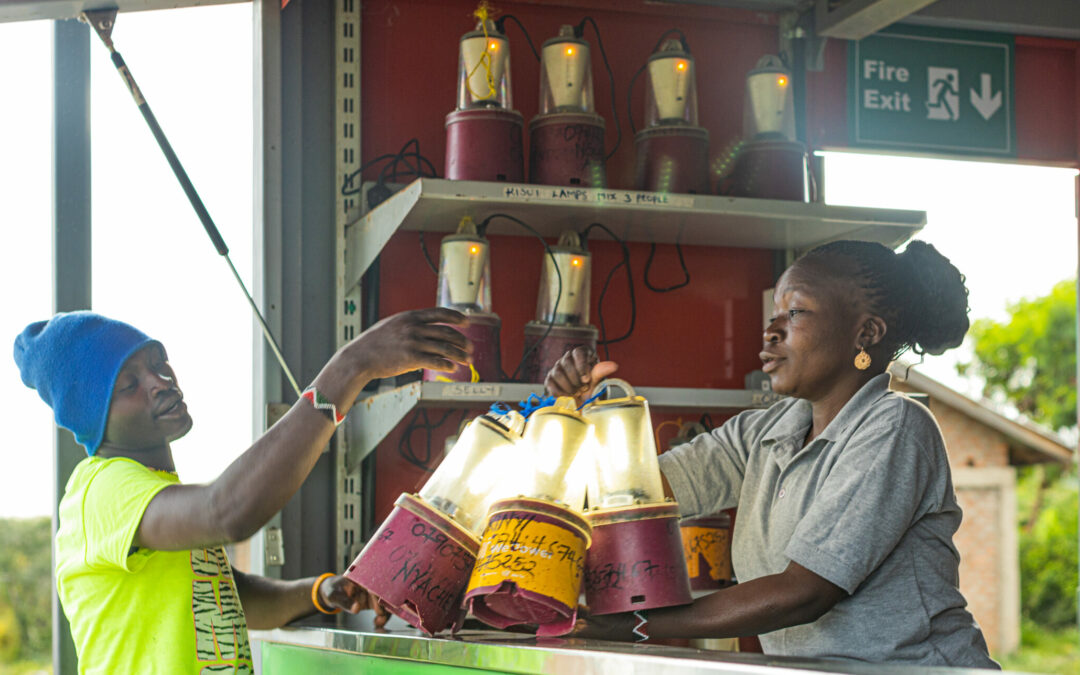
Calling Smart Energy Solutions in Ghana, Malawi, Morocco and South Africa
Siemens Stiftung on behalf of the Smart Energy Solutions for Africa (SESA) Consortium is launching its first “SESA Call for Entrepreneurs”, targeting small and medium-sized enterprises with a focus on sustainable energy solutions in Ghana, Malawi, Morocco and South Africa. Women-led enterprises are particularly encouraged to apply.
Reliable, affordable, and sustainable energy access has been a challenge for rural communities in Africa. SESA, a European Commission-funded project, aims to test, validate and later replicate innovative solutions as well as business models to accelerate the green transition across the African continent. It was launched in October 2021 with a duration of 48 months and is operational in nine African countries: Ghana, Kenya, Malawi, Morocco, Namibia, Rwanda, South Africa and Tanzania.
Energy access for productive use that creates value, by increasing productivity or income, and job creation is strongly correlated with economic development in rural areas. This “Call for Entrepreneurs” focuses primarily on the Productive Use of Energy (PUE) solutions. Each of the four participating countries Ghana, Malawi, Morocco, and South Africa has developed an individual country challenge with a stronger local focus, concentrated in specific areas to address their regional dynamics.
Entrepreneurs selected by this call will receive a range of benefits including funding from €50,000 up to €70,000 per business over 18 months. Additionally, they get an opportunity to join the SESA Incubator Programme to strengthen their organisation based on their individual needs.
“The call leverages social entrepreneurs’ talents, skills, and innovations to not only address climate change but also pave the way for social and economic development in rural areas”, says Dr. Nina Smidt, Managing Director and Spokesperson of Siemens Stiftung. “Women are at the heart of this transformation. Supporting female-led enterprises enables the inclusion of vulnerable groups more at a climate risk, and in the process accelerates the realisation of the United Nation’s Sustainable Development Goals.”
SESA partner and founder of Going Green Malawi, Ms Chikondi Khonje encourages fellow entrepreneurs: “Applying for this call provides you with the opportunity to expand your business without any stress of loan repayment. It will also give you wings to reach new heights faster by exposing you to potential business mentors, partners, and investors.”
The “Call for Entrepreneurs” launches on 26th September and will run until 20th November 2022. The SESA Incubator Programme will start in February 2023.
About Siemens Stiftung
As a nonprofit foundation, we promote sustainable social development, which is crucially dependent on access to basic services, high-quality education, and an understanding of culture. To this effect, our project work supports people in taking the initiative to responsibly address current challenges. Together with partners, we develop and implement solutions and programs to support this effort, with technological and social innovation playing a central role. Our actions are impact-oriented and conducted in a transparent manner.
About Smart Energy Solutions for Africa (SESA)
SESA is a collaborative project between the European Union and nine African countries (Kenya, Ghana, South Africa, Malawi, Morocco, Namibia, Tanzania, Rwanda, and Nigeria) that aims at providing energy access technologies and business models that are easily replicable and generate local opportunities for economic development and social cohesion in Africa.
Through several local active labs, it is expected to facilitate the co-development of scalable and replicable energy access innovations, to be tested, validated, and later replicated throughout the African continent. These solutions will include decentralized renewables (solar photovoltaics), innovative energy storage systems including the use of second-life electric vehicle batteries, smart microgrids, waste-to-energy systems (biomass to biogas), climate-proofing, resilience and adaptation, and rural internet access.



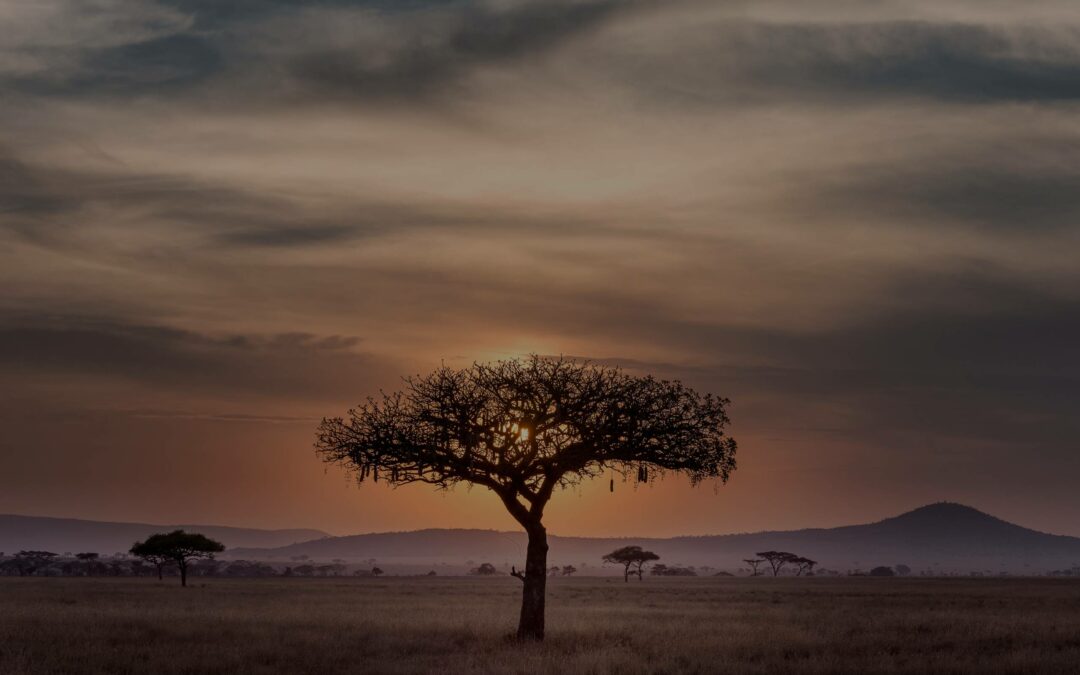
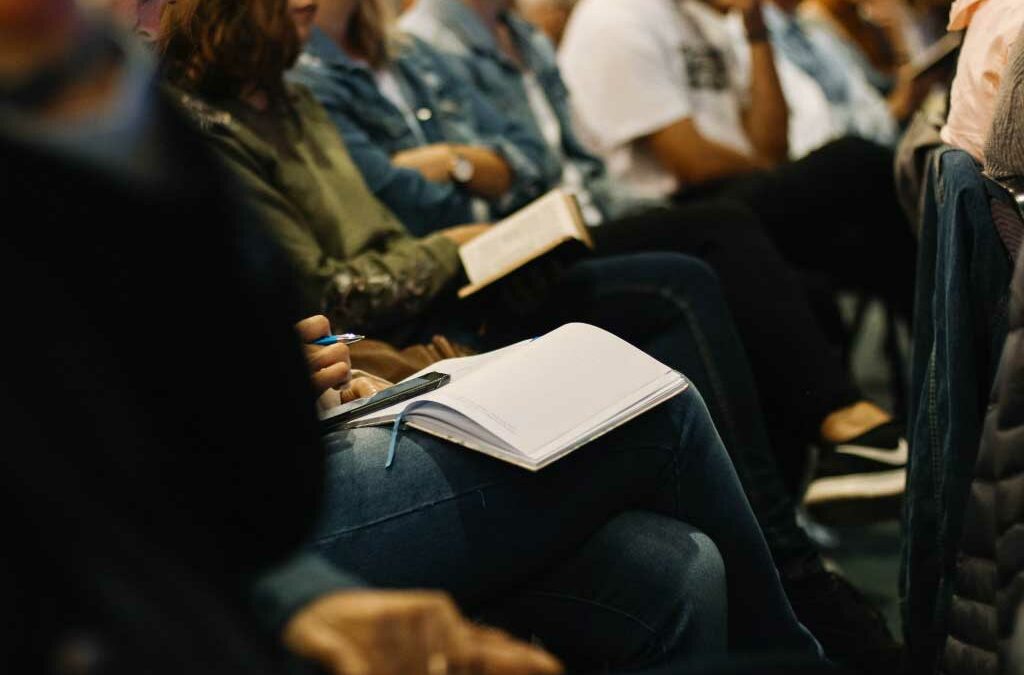
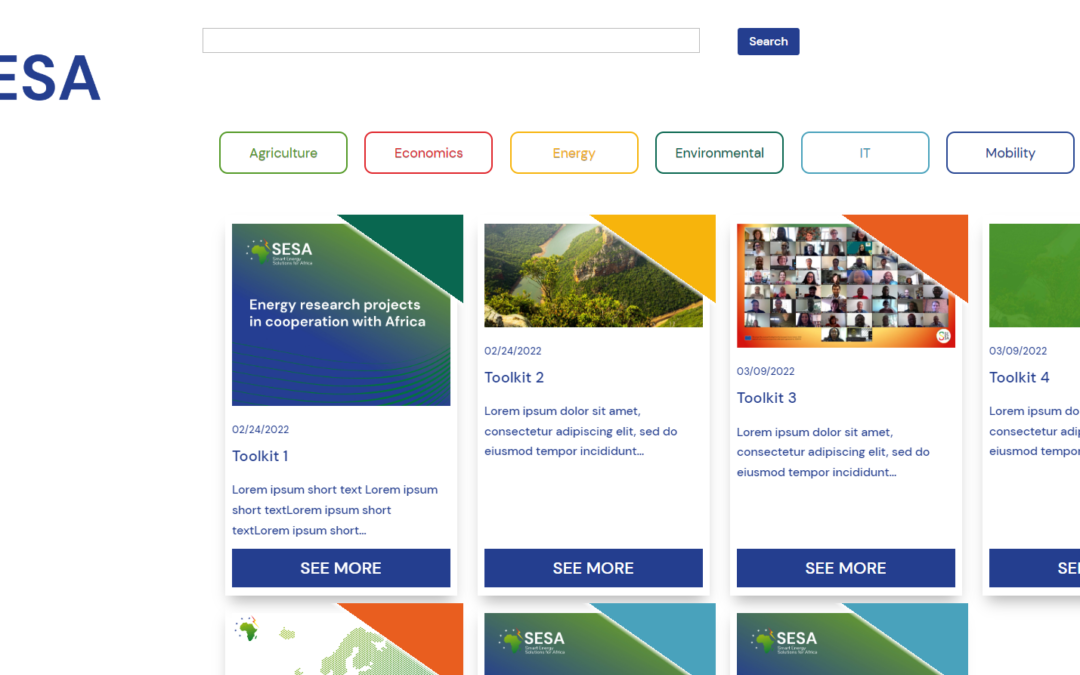
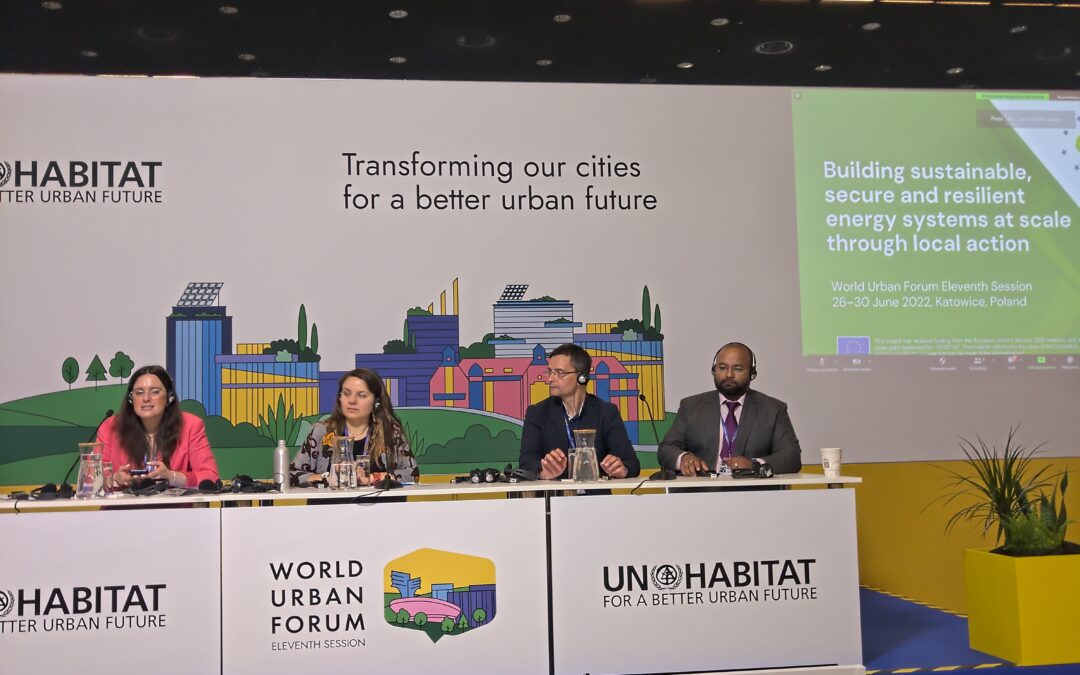
Recent Comments